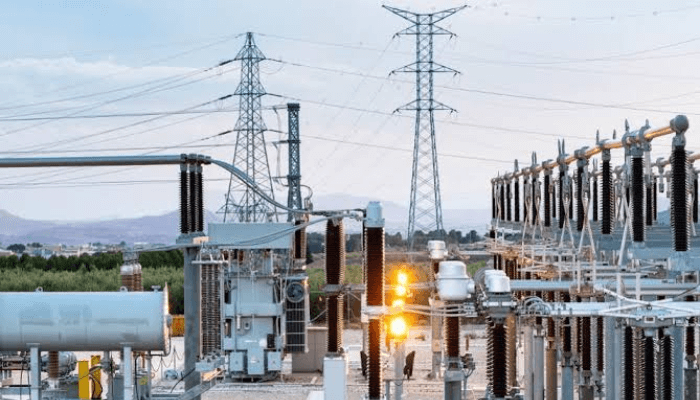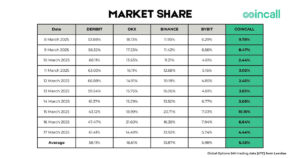A recent report from the Manufacturers Association of Nigeria (MAN) revealed that the sector spent a staggering N1.1trillion on alternative energy sources in 2024, driven by persistent challenges in the national power supply. Last week, the presidency confirmed that the Federal Executive Council has approved N10billion for the installation of solar mini-grid at the presidential villa. This is perhaps the clearest indication of the near-collapse of the power sector.
A few days after the presidency disclosure amid public outcry about the timing, MAN in its Economic Review report for the Second Half(H2) 2024 showed that energy-related costs rose by 42.3 per cent from N781.6billion recorded in 2023. According to the Director-General of MAN, Mr. Segun Ajayi-Kadiri, the expenditure on diesel and petrol alone gulped N404.8billion in the First Half of 2024, which jumped by 75 per cent to N708billion in the second half of 2024.
This is despite the recent claims by the Minister for Power, Adebayo Adelabu, that at least “150 million Nigerians now enjoy adequate electricity” with 5000MW. Even if true, the 5000MW does not warrant any celebration, as it is far less than what Nigeria needs. The MAN report shows that the food, beverage and tobacco subsector emerged as the highest spender on alternative power sources, with N22.9billion, up from N182.7billion in 2023. This is followed by the chemical and pharmaceutical sector that saw its power expenditure doubled, and the textile industry four times its expenditure on alternative energy sources within the period under review. The lamentation by MAN is real and deserves urgent attention.
The huge expenditures on alternative energy sources have been worsened by inflationary pressure, soaring cost of doing business that have combined to weaken production.
Besides, the real GDP of the manufacturing sector which contributes over 10 per cent of the nation’s GDP remains subdued, reflecting the economic struggles with rising cost of raw materials, exchange rate volatility and declining consumer demand. Obsolete equipment, inefficiency of the power Distribution companies( DisCos) adding to the resort to alternative energy sources. This is not only restricted to manufacturing sector but also other critical sectors of the economy.
Other complaints include multiple taxation, low access to credit by Small and Medium size enterprises(SMEs), poor road infrastructure, high cost of logistics, political uncertainty, among others.
Recently, the organised private, in a statement, expressed concerns that as result of these challenges in the manufacturing sector, many industries in the country are on the verge of collapse. Statistics show that in the last five years over 700 local industries have reportedly shut down due to high cost of essential raw materials necessary for production, the cost of which is often pushed to the final consumers.
Between January and February 2025, the sector has declined from 56 points to 53.2 points. We advise the federal government to address the power sector, which is a catalyst for industrialisation and economic growth. At minimum, Nigeria requires at least 20,000MW of electricity. This is less than half of what South Africa and Egypt currently have. Without a significant improvement in the power supply value chain, Nigeria’s exports fortunes in the global market will continue to suffer, especially with President Trump’s recent sweeping tariffs.
There is need to tap the potential of alternative energy sources like thermal, hydro, solar and wind.
A recent data from the World Trade Organisation(WTO) showed that Nigeria is far behind South Africa in export of manufactured goods. South Africa recorded $46billion in 2022, compared to Nigeria’s $3billion within the same period. This is about 15 times bigger than Nigeria’s export value. The decline in global demand for Nigeria’s products was recently confirmed by data released by the National Bureau of Statistics(NBS), which showed 166 per cent decline of Nigeria’s exports from a record N2.07billion in 2019 to N778.4billion in 2023. In all, it is time to address the major constraints hampering economic development of the country.
The starting point is to create a conducive business climate that will make businesses thrive as well as foreign investment inflows. Investors are reluctant to put their money in an economy where there are policy inconsistencies and unpredictable interest rates, foreign exchange volatility and high alternative energy cost as it is currently the case in the country. Its time to open up the economy and accelerate diversification and industrialisation through concrete economic reforms. Constant power supply is key to making this possible.


